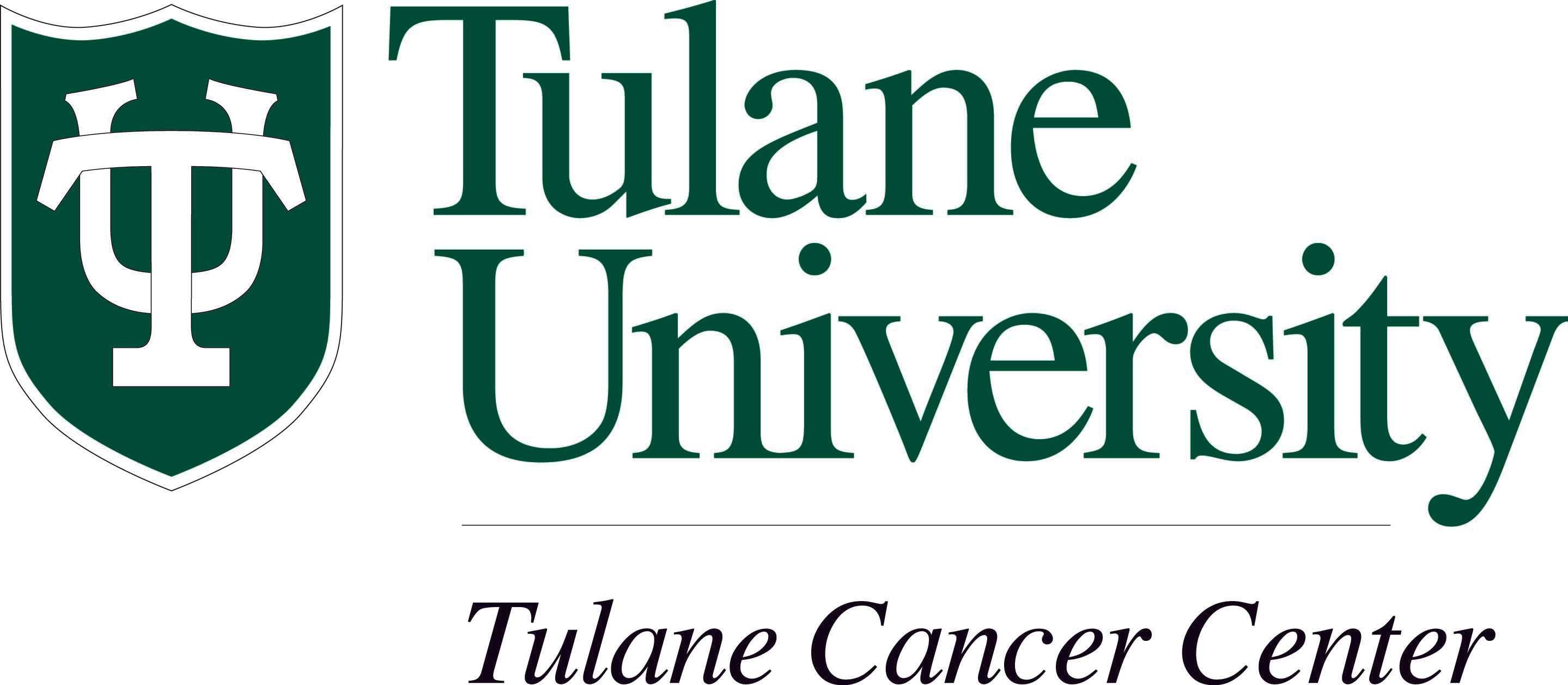
Dr. Deininger on the Role of Genetic Instability in Mutations That Lead to Cancer

Prescott Deininger, PhD, Professor and Regents Distinguished Chair, director, Tulane Cancer Center, Department of Epidemiology, Tulane University School of Public Health and Tropical Medicine, discusses how genetic instability plays a role in mutations that may lead to specific tumor types.
Prescott Deininger, PhD, Professor and Regents Distinguished Chair, director, Tulane Cancer Center, Department of Epidemiology, Tulane University School of Public Health and Tropical Medicine, discusses how genetic instability plays a role in the discovery and treatment of mutations that may lead to specific tumor types.
The common theme across tumor types is genetic instability, though there are various types of instability, Deininger explains. These variations need to be further studied by researchers.
Genetic instability is necessary for a cancer to progress, Deininger says. However, cancer cells will die if there is too much instability. It is more effective for researchers to examine cells that have a smaller amount of instability and target them with radiation therapy or genotoxic compounds.






































